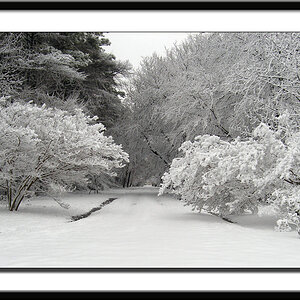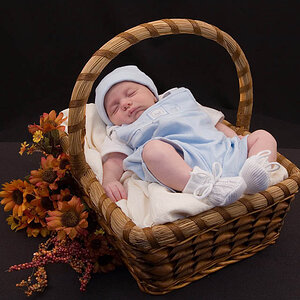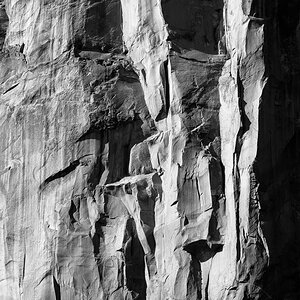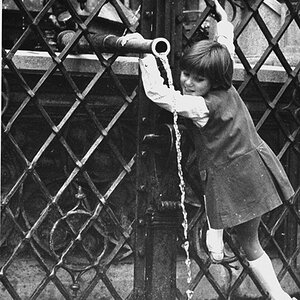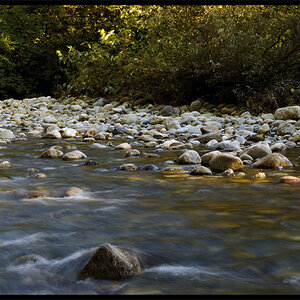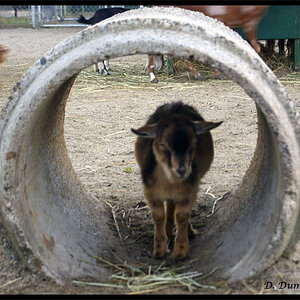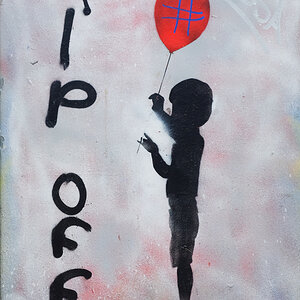yerlem
TPF Noob!
- Joined
- Apr 12, 2012
- Messages
- 328
- Reaction score
- 95
- Location
- Argentina
- Can others edit my Photos
- Photos OK to edit
Riccardo_Arietino said:Here in Europe they're passing laws & generally taking action (they've begun in the UK) which prevent beauty-product-related pictures to be adjusted.
Meaning: if you sell anti-aging creams, you don't smooth out wrinkles with "clarity" (of what-have-you) in Photoshop to sell more products.
Then again: every image is somehow modified by software (at least the one which makes jpgs out of RAW), so I wonder how these laws will cope with this reality.
It all began with this:
http://www.healthnews.com/en/news/LOreal-UK-ads-banned-for-retouched-photos-/2XlY1H3qDCfxFvENq6ZZU$/
It is one thing to have minor modifications done to the photo itself, and a very different one to airbrush the **** out of someone's skin to make them look as a cyborg/perfect human, when you are trying to sell a skin product!
I'm surprised this didn't start before... It is going to be hard to control, though...everything is false advertisement!



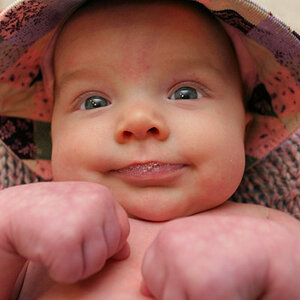
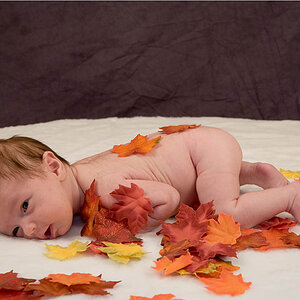
![[No title]](/data/xfmg/thumbnail/33/33421-38d09827e584b8381c5e3a468cdf0159.jpg?1619735961)
![[No title]](/data/xfmg/thumbnail/31/31977-2b717e032201241cbeae8226af23eba4.jpg?1619735136)
